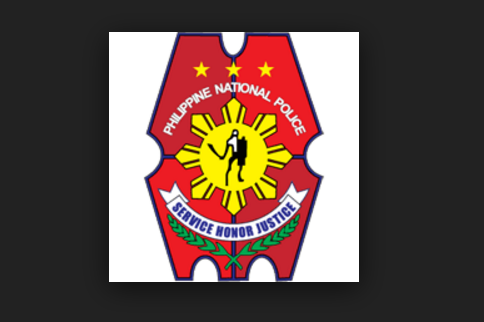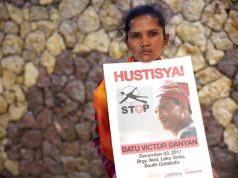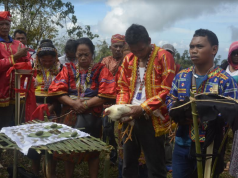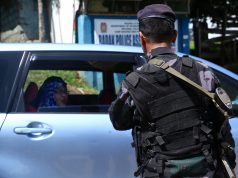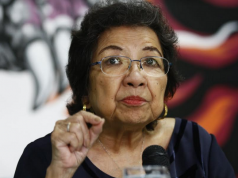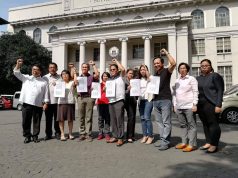MANILA, Philippines — The Philippine National Police (PNP) has issued guidelines in the implementation of martial law, which was declared by President Rodrigo Duterte in the entire Mindanao following the siege of Marawi City on Tuesday.
During a press conference at Camp Crame in Quezon City on Thursday, PNP Public Information Office chief and spokesman Chief Supt. Dionardo Carlos presented to the media the list of “do’s and don’ts” in the implementation of martial law.
The PNP reminded law enforcers to comply with the provisions of the laws so as not to violate human rights in the implementation of martial rule.
Do’s during martial law:
— All PNP personnel shall at all time respect the human rights and dignity of the suspect;
— Shall strictly observe the Police Operational Procedure;
— Shall stringently follow the provisions of Republic Act No. 7438, or the “Rights of Persons Arrested, Detained or under Custodial Investigation”; and
— Shall strictly obey the provisions of Republic Act No. 9745, or the Anti-Torture Act of 2009
Don’ts during martial law:
— The police and military personnel cannot effect warrantless arrests outside the circumstances provided under Section 5, Rule 113 of the Rules of Court;
— No arrested/detained person should be charged beyond the period of three days. After the lapse of three-day period the detained/arrested person shall be released;
— Civilians cannot be tried in military tribunals. The declaration of martial law does not suspend the functioning of the civil courts and the legislative assemblies;
— No violations of constitutional rights of a person. The constitutional guarantees under the bill of rights remain to be operative and continue to accord the people of its mandate of protection;
— No violations of the basic rights of the people/citizens;
— The declaration does not impair the right to bail; and
— Implementation cannot be extended for more than 60 days unless extended by Congress upon the initiative of the President

